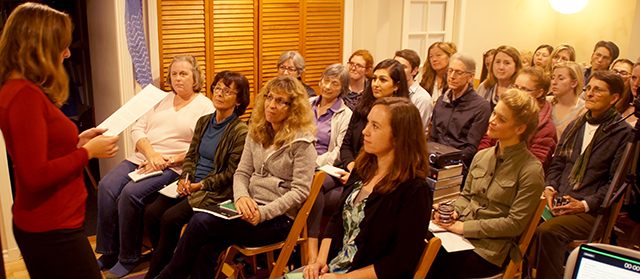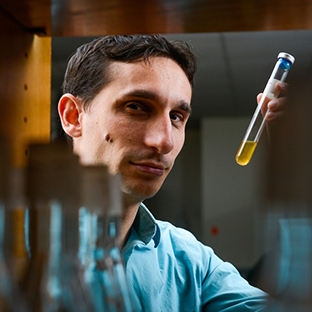 Lyme disease, particularly with chronic or late-stage symptoms, can be a horribly frustrating and debilitating illness. Symptoms can persist despite complicated treatment regimens; therapies that seem successful at first may become less effective over time; and medications that work for some appear to have no effect for others. Add to that the high cost of treatment, the complicating challenges of co-infections, and insufficient insurance coverage for both traditional and alternative treatment, and it quickly becomes apparent why clinical studies offer potential for patients who are still suffering.
Lyme disease, particularly with chronic or late-stage symptoms, can be a horribly frustrating and debilitating illness. Symptoms can persist despite complicated treatment regimens; therapies that seem successful at first may become less effective over time; and medications that work for some appear to have no effect for others. Add to that the high cost of treatment, the complicating challenges of co-infections, and insufficient insurance coverage for both traditional and alternative treatment, and it quickly becomes apparent why clinical studies offer potential for patients who are still suffering.
For many patients, the promise of participating in a clinical trial is not just the hope for new discoveries but a more immediate opportunity to access treatment options they may not otherwise be able to secure or afford. But is clinical research the “holy grail” for these patients who are seeking another option? What are the pros and cons of clinical research? What do you need to know?

 This week, we feature a guest post from
This week, we feature a guest post from  Lyme disease, if treated early, can usually be successfully eradicated with antibiotics. Unfortunately, as many patients know, if it is not diagnosed early, it can cause debilitating sickness and a myriad of symptoms that are much harder to treat. And not all treatments are covered by insurance, making the whole experience potentially very financially as well as physically draining.
Lyme disease, if treated early, can usually be successfully eradicated with antibiotics. Unfortunately, as many patients know, if it is not diagnosed early, it can cause debilitating sickness and a myriad of symptoms that are much harder to treat. And not all treatments are covered by insurance, making the whole experience potentially very financially as well as physically draining. Dr. Chase Beisel is an Assistant Professor at
Dr. Chase Beisel is an Assistant Professor at